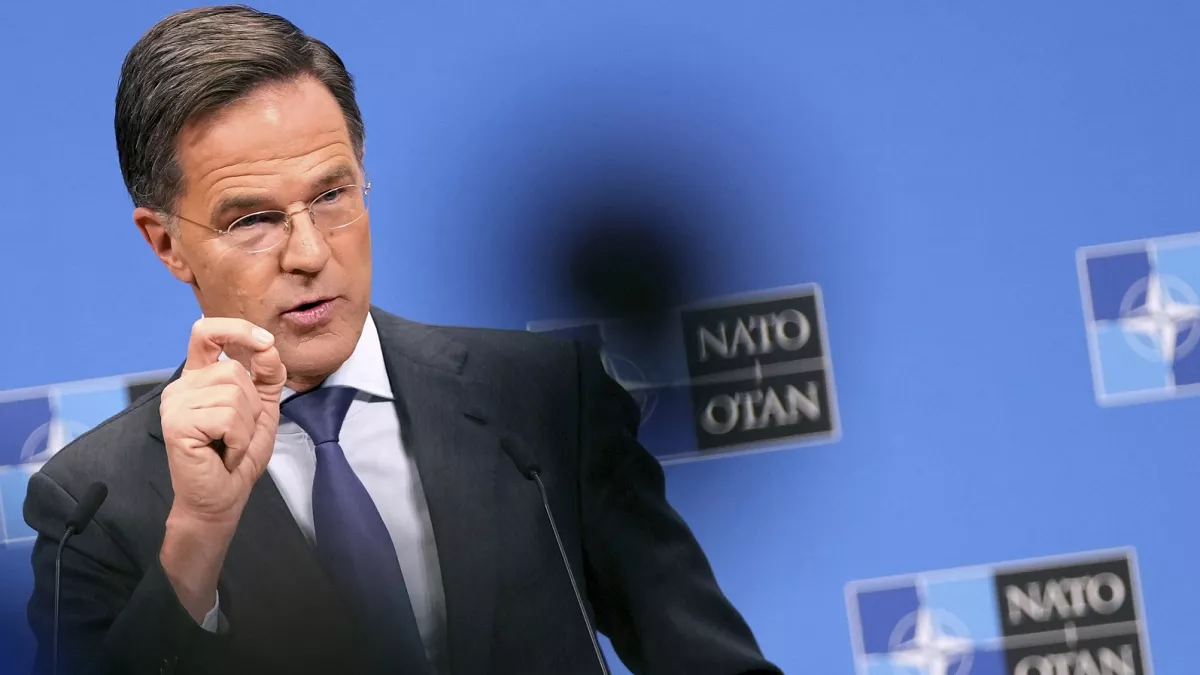
NATO Secretary-General Mark Rutte has issued a stark warning regarding the growing military cooperation between Russia and China, suggesting that both nations are preparing for a prolonged confrontation with the Western alliance. Speaking at the opening of a new munitions factory in Unterlüß, Germany, Rutte highlighted the rapid expansion of military capabilities by Moscow and Beijing as a clear indication of their strategic intentions.
Rutte urged NATO’s 32 member states to significantly boost defence spending and strengthen their military industries, describing such measures as essential to maintaining the balance of power. This call comes amid ongoing concerns about the alliance’s ability to sustain its support for Ukraine, more than three years into the conflict triggered by Russia’s invasion.
The war in Ukraine has exposed vulnerabilities within NATO, as many member countries have depleted their weapon stockpiles due to continuous arms shipments to Kyiv. In May, Rutte admitted that Russia’s ammunition production now surpasses the combined output of NATO countries, giving the Kremlin an upper hand on several battlefronts.
In response, NATO members have agreed to allocate 5% of their GDP to defence spending—a significant increase driven in part by pressure from the United States. Washington’s role remains central to NATO’s operations, though its commitment has been questioned in recent years. Former President Donald Trump previously threatened to pull the US out of the alliance unless European countries increased their military budgets, a move that unsettled many allies.
The uncertain future of US support for Ukraine has intensified military preparations across Europe. Several NATO countries are now expanding their arms production and reinforcing their defences, fearing that a Ukrainian defeat could embolden further aggression against alliance members.
On the same day as Rutte’s remarks, Russia and China completed a joint naval exercise in the Asia-Pacific region. The operation included warships and submarines from both nations, signalling a deepening of their strategic partnership. Observers view these joint patrols as a demonstration of the two countries’ intent to assert influence in a region of critical economic and geopolitical importance.

